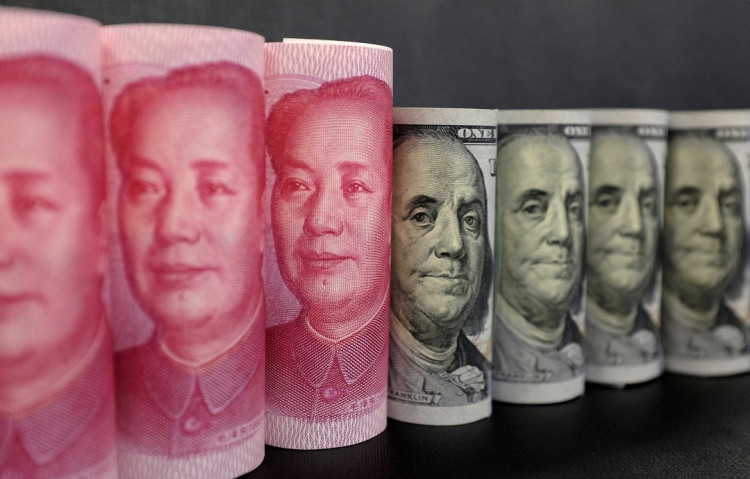China's State Administration of Foreign Exchange (SAFE) released new data on Sunday, indicating a slight dip in the country's foreign exchange reserves for the month of September.
According to the data, China saw its foreign exchange reserves dip to $3.0924 trillion by the end of last month. This represented a 0.6 percent drop from the amount recorded at the start of 2019.
SAFE spokesperson Wang Chunying mentioned in a statement that the slight dip in the country's foreign exchange was due to a number of factors including currency exchange rates and the shift in some asset prices.
Wang also mentioned that the ongoing decline in global economic growth, global monetary policies, the drop in bond prices, and the country's trade war with the United States were major factors.
Wang mentioned in the same statement that the coming months will still be bringing uncertainties both economically and financially. The ongoing global economic slowdown and the other aforementioned factors will bring with it some volatility that could further affect the country's foreign exchange reserves.
The drop in the country's foreign exchange reserves for September was greater than what analysts had initially expected, especially given the recent rebound of the Chinese Yuan. Analysts initially expected China's foreign exchange reserves to drop by $6 billion to $3.101 trillion for the month of September.
The country's currency just recently recovered after experiencing its greatest decline in over 25 years during August at the height of the ongoing trade dispute. Last month, China saw its currency increase by 0.14 percent against the US dollar.
This was a slight rebound from the already 11 percent depreciation of the currency since April when both China and the United States were imposing retaliatory tariffs.
Since the start of its trade dispute with the United States, China has so far been able to put capital outflow under control. With the implementation of a number of new measures, China was able to see a rebound in its reserves since October 2018.
This was also helped by an increase in foreign investment in the country's bonds and stocks, partly thanks to new measures that further opened up the country's financial market to foreign entities.
If the trade war between China and the United States persists, analysts predict that China could be forced to use up its reserves to further support the Yuan. It also has to be noted that China is still well below its "Beijing 2019" target of a 6 percent economic growth for the third quarter of this year.






